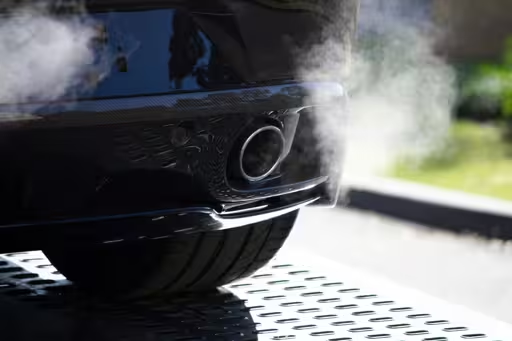Main Takeaways
- Internal combustion vehicles – those that run on gasoline and diesel fuel – produce CO2 and a number of air pollutants.
- Over recent decades, big improvements have been made in reducing vehicle-emission pollution; however, it is still problematic at a global scale.
- Transport accounts for one fifth of CO2 emissions globally; of this portion the majority comes from road transport (cars, motorcycles, buses, and taxis).
- Rising atmospheric CO2 from vehicle emissions and other human activities has been driving recent global warming.
- Air pollution from vehicles has health effects like respiratory and cardiovascular diseases, and even an increased risk of getting cancer.
- You can reduce your vehicle pollution by using more sustainable transport options like electric vehicles, ride sharing, walking, bicycles, and public transport.



I collect used engine oil and used cooking oil, filter it and, run my van off it.
Is that considered being green?
Kinda sorta? The carbon still goes into the atmosphere and there’s such demand for used cooking oil to run vehicles that there have been cases of new cooking oil being mixed into used because it was more valuable for vehicles than cooking, but if it was definitely going to get burned in a waste incinerator than better than nothing.
Climate wise, electrification (either for bikes, cars, buses, or trains) remains the only option and is something everyone is going to have to do eventually, but economic wise the higher upfront costs limits access.